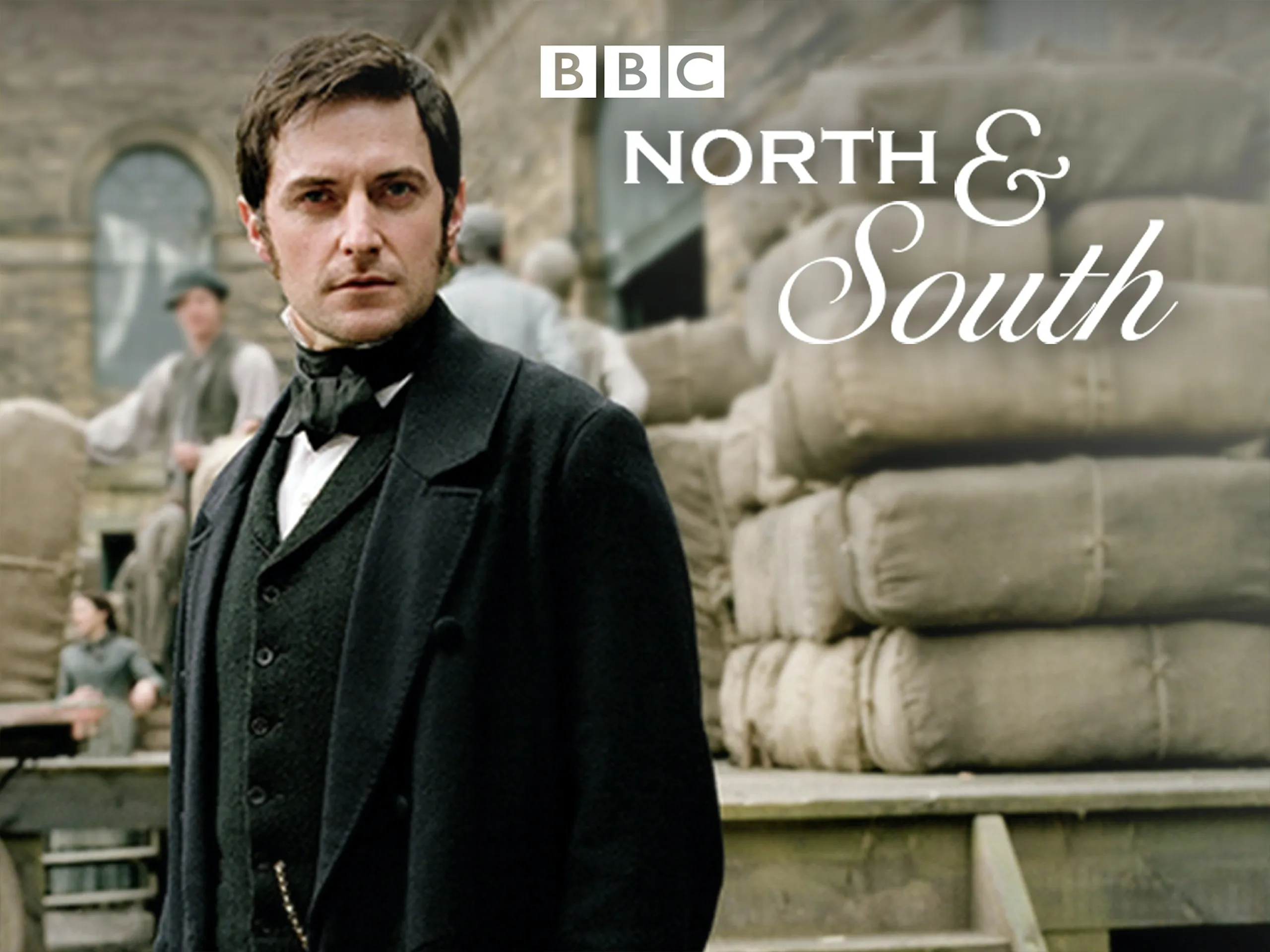Freedom was only the beginning—now comes the battle to protect it.
The Book of Negroes 2 (2025) marks the powerful return of a story that first captivated audiences with its emotional depth, historical resonance, and unforgettable heroine. Building on the foundation laid by the 2015 miniseries (adapted from Lawrence Hill’s acclaimed novel), the sequel imagines what happens after the ship docks—where freedom is promised, but rarely delivered without a price.
Aminata Diallo, now older and hardened by loss, finds herself in a new kind of struggle—not just to survive, but to protect the truth she carries and the community she's begun to build. Set primarily in early 19th-century Nova Scotia and Sierra Leone, Season 2 explores the long-term consequences of displacement, the emotional toll of generational trauma, and the enduring power of resistance. Her journey is no longer just her own—it is now part of a larger legacy.

Where the original series focused on capture, enslavement, and escape, The Book of Negroes 2 shifts to restoration. Aminata is no longer seeking a home—she is defending one. New challenges arise: colonial betrayal, internal divisions among the freed communities, and rising tension between former slaves and colonial governments who see Black autonomy as a threat. Through it all, Aminata’s voice, her writing, and her dignity become weapons as sharp as any sword.
Aunjanue Ellis returns in the lead role with quiet power, anchoring the narrative with grace and gravity. Her portrayal is layered, revealing a woman who has known both brutal oppression and fleeting joy. Her moments with younger characters—especially a rising generation seeking their own truth—form the emotional core of the series. The cinematography remains lush and poetic, contrasting brutal truths with beautiful landscapes and hopeful faces.

Ultimately, The Book of Negroes 2 is not just a sequel—it’s a continuation of a necessary dialogue. It reminds us that the fight for freedom doesn’t end with escape. It continues in the decisions we make, the stories we pass on, and the dignity we refuse to surrender. As timely as it is timeless, the series deepens the original’s message: history is not just what happened, but what we remember—and choose to honor.



-1749462419-q80.webp)